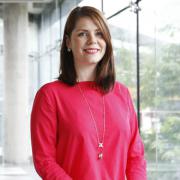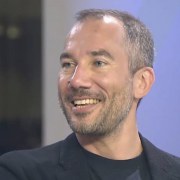Making value from evaluation: manifesto for change
Evaluation is viewed by many as a necessary chore marginal to the work of museums. We spend time and money, often not enough, on evaluation to satisfy funders and for use in advocacy, but do we really learn, and does that learning instigate change? Is research and evaluation our blind spot? Quite often institutions are unable to capitalise on it and make value of what is discovered.
Can evaluation become an engine for innovation, a process to be proud of rather than an uncomfortable “must do” which only the evaluators are passionate about?
In this reverse session we will present a number of short examples of how things can be different, how we can collaborate effectively with researchers, evaluators and even funders to really learn from our practice and ultimately serve our visitors, communities and partner institutions better.
After the short presentations, there will be small group discussions chaired by our speakers. The ultimate aim of this interaction will be to draft a manifesto for change – a call to action for our field to put research, evaluation and learning about our practice at the core of what we do.
Will you join us in this call to action?
Facilitator
Education and Learning Manager
Session speakers
Head of International Relations
Vrije Ujiversiteit Amsterdam
The evaluation of the Studiolab project began with a clear mandate: the evaluation report should be a book that visitors of the Science Gallery want to buy. The two year process that this very simple mandate entailed resulted in a deep collective learning for all partners involved. Shifting the focus on the public as the reader of the book completely changed the usual canons of evaluation. With a smart use of narrative and design, the evaluation became the lasting legacy of a unique project.
In it's eighth year of operation, Science Gallery Dublin is beginning to see evidence of the long term impact of its programmes on it's target audience of 15 - 25 year olds, particularly those who have participated in workshops or events. How can we best evaluate the impact of our programmes on this unique target group? How can programme participants be co developers of evaluation processes within cultural spaces - is this possible or desirable?
Senior Research Scientist
Using evaluation data for staff development and learning. There is a wide call for the use of “evidence-based practice” in education. How can we organize evaluation activities to produce “just-in-time” data (videos, images, fieldnotes) that can serve as the basis for reflective discussions, introspection, debate, and professional learning? Bevan will share the results of a four year project led by the Exploratorium.




